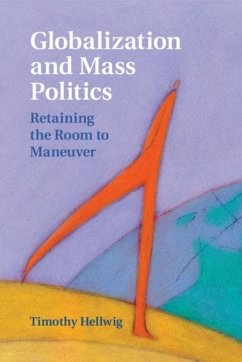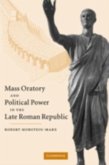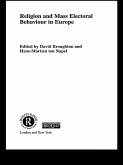This book analyzes how increases in international trade, finance, and production have altered voter decisions, political party positions, and the types of public issues that parties focus on in postindustrial democracies. Although many studies interrogate whether internationalization matters in regard to policy outcomes and how globalization relates to mass protest, few examine globalization and mass politics more generally. This book argues that by reducing the room in which to maneuver in policy making, globalization reduces the importance of economic-based issues while increasing the electoral importance of non-economic issues. The argument is tested on original and existing data sources.
Dieser Download kann aus rechtlichen Gründen nur mit Rechnungsadresse in A, B, BG, CY, CZ, D, DK, EW, E, FIN, F, GR, HR, H, IRL, I, LT, L, LR, M, NL, PL, P, R, S, SLO, SK ausgeliefert werden.









